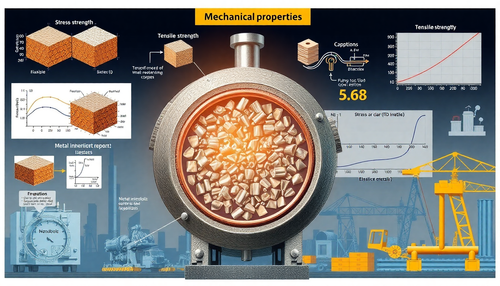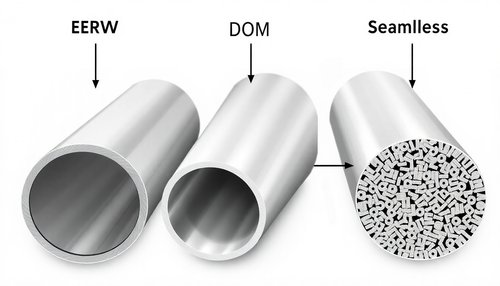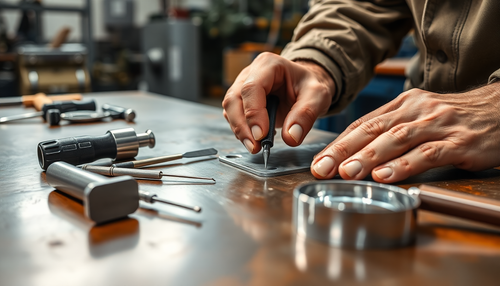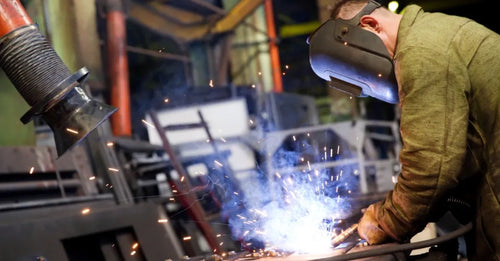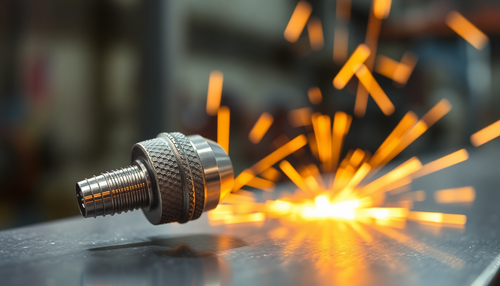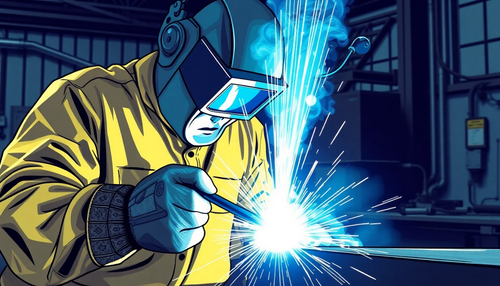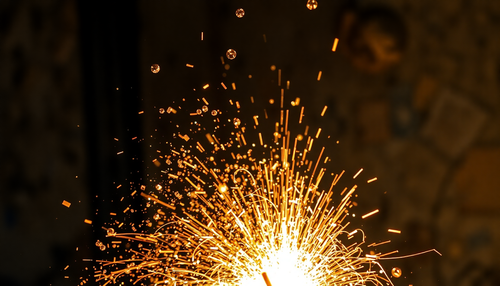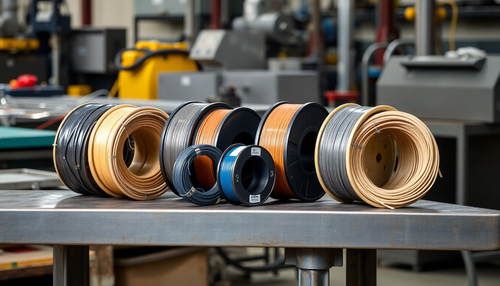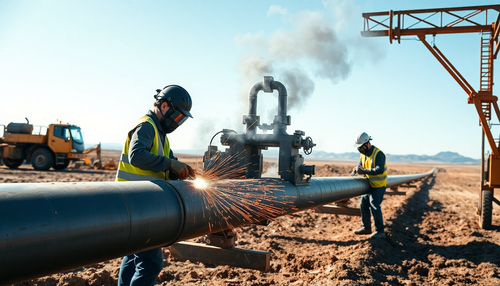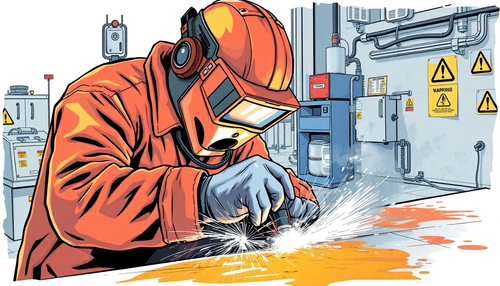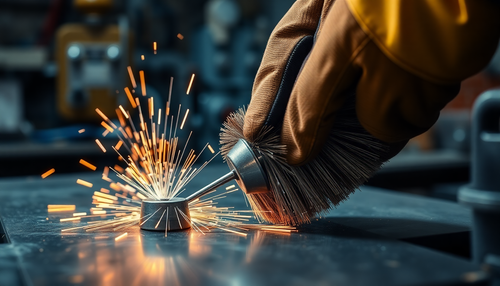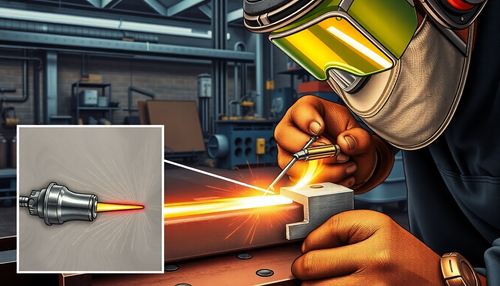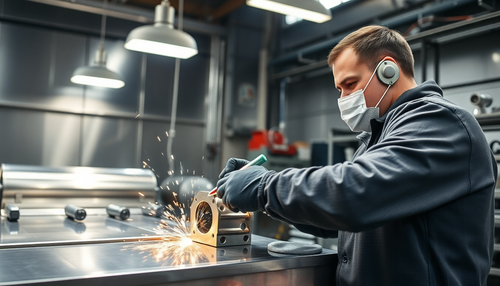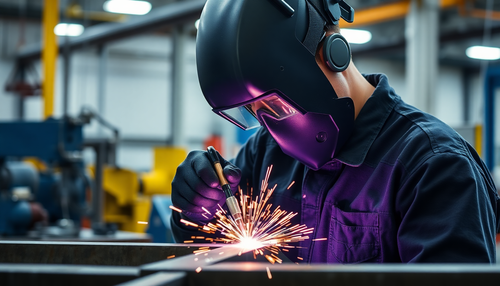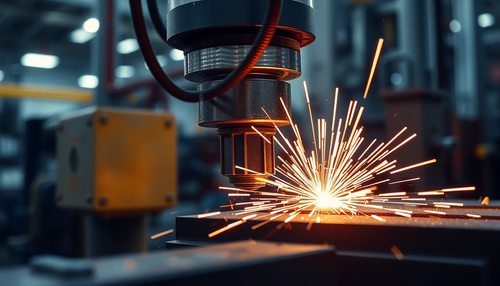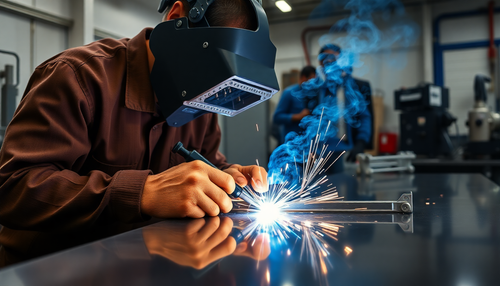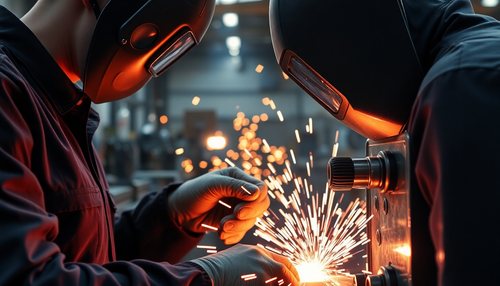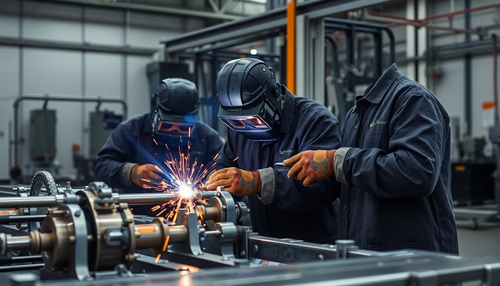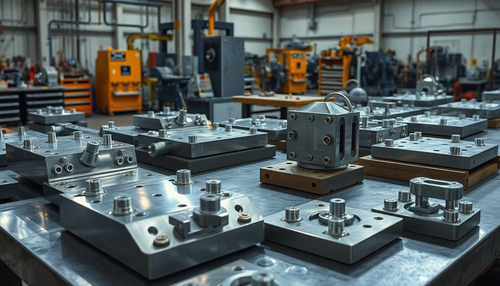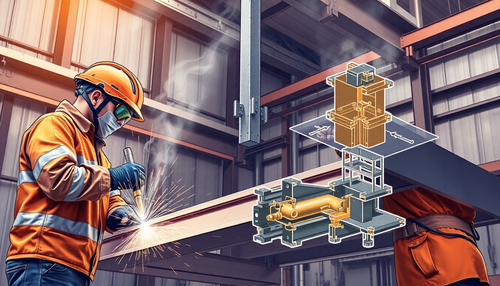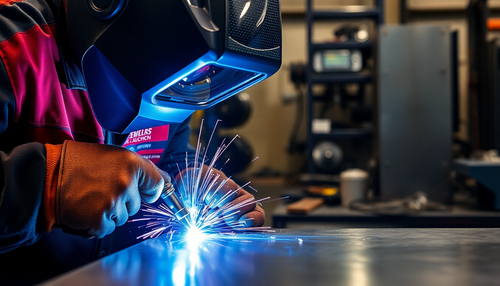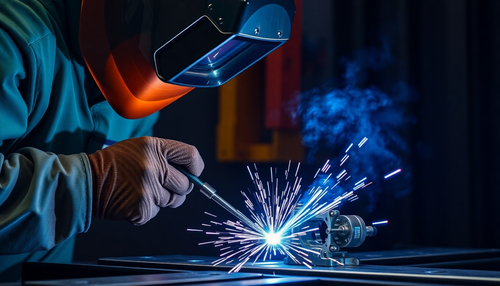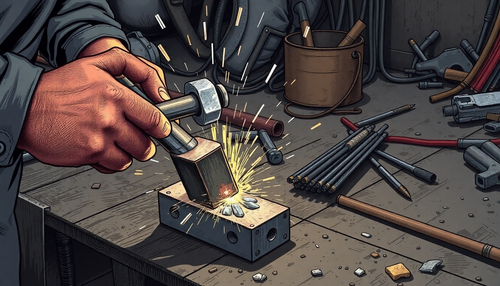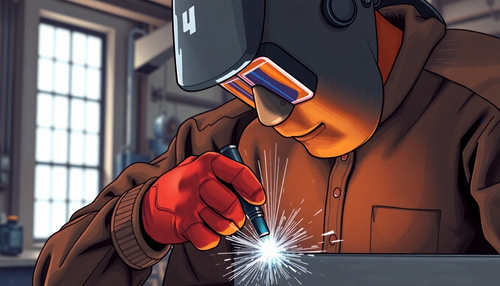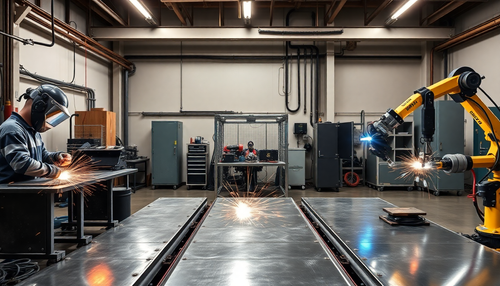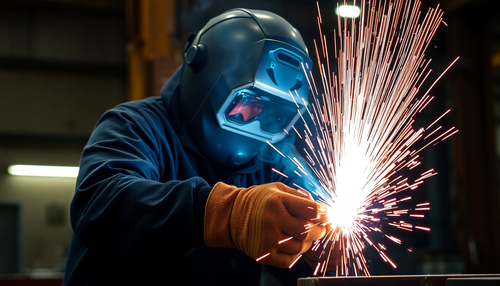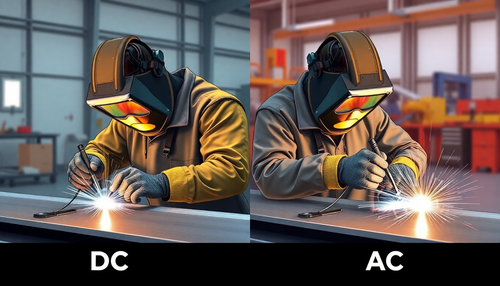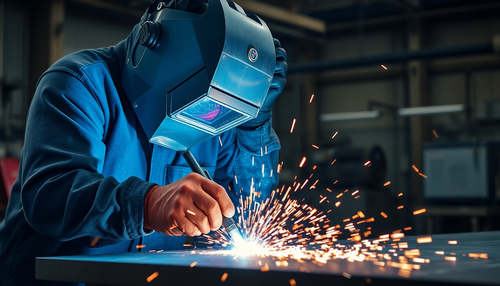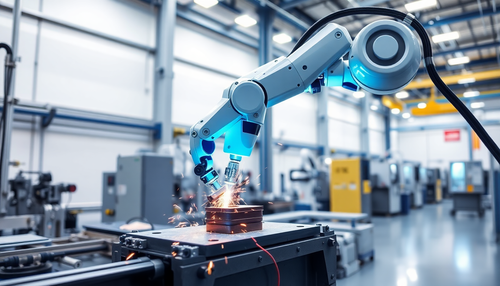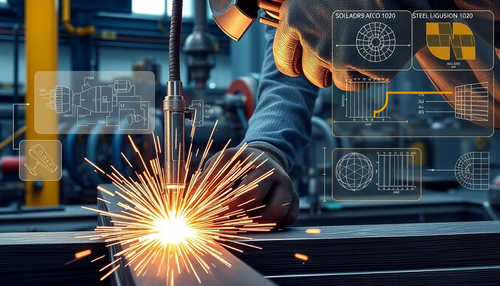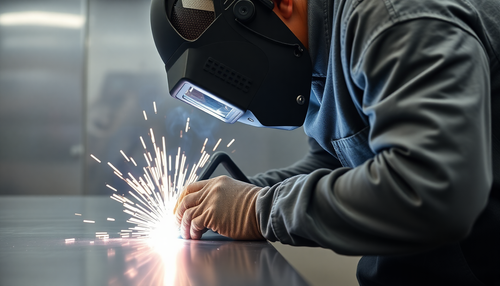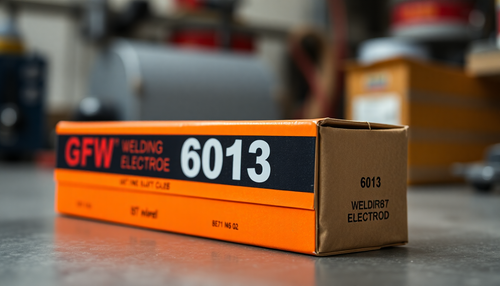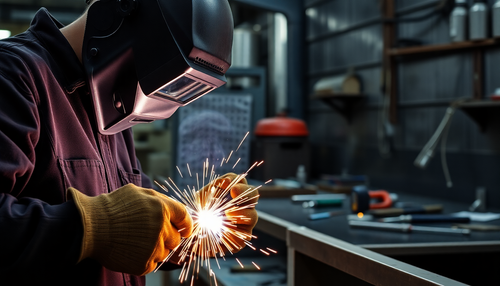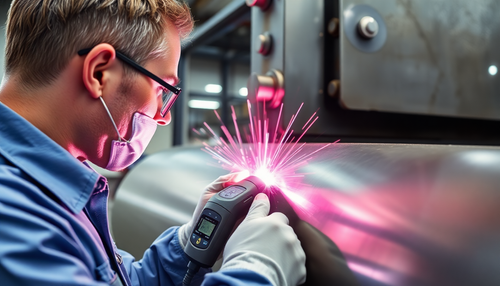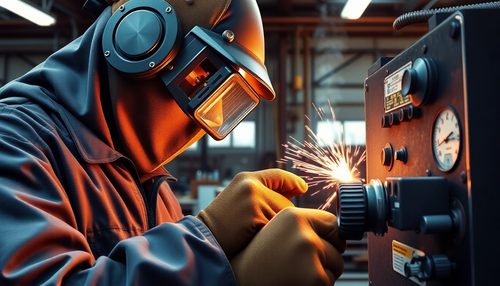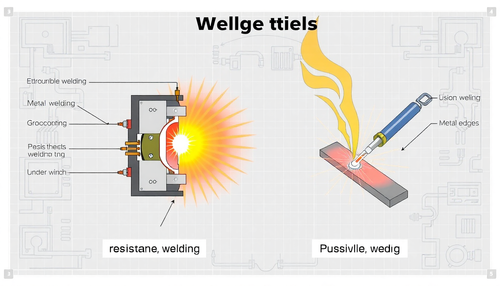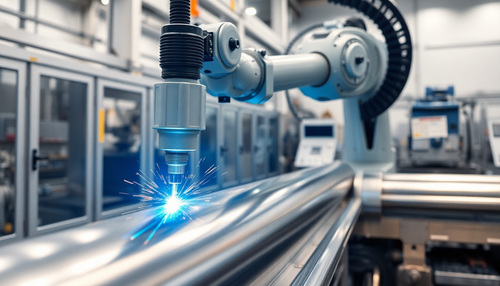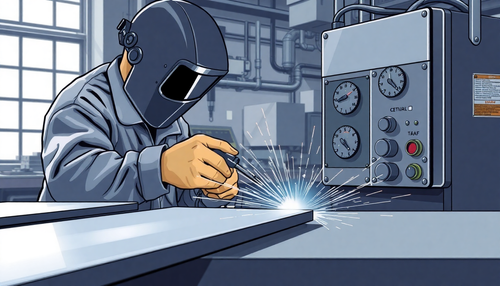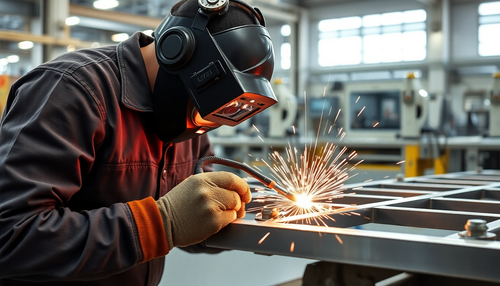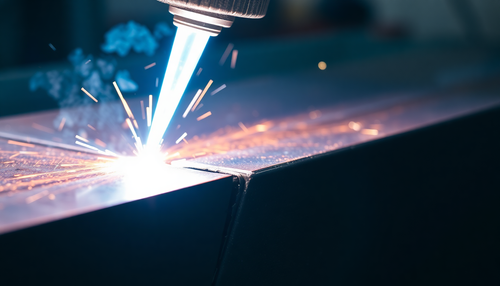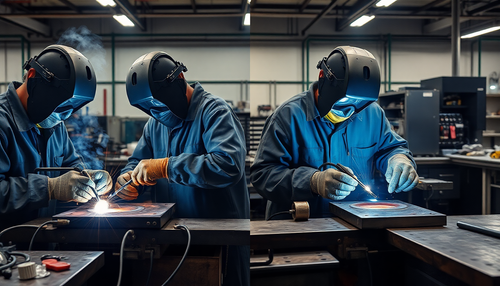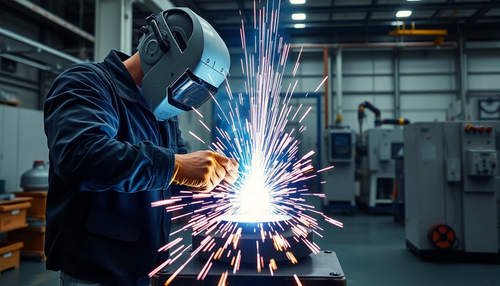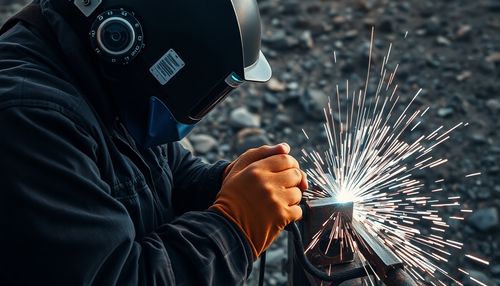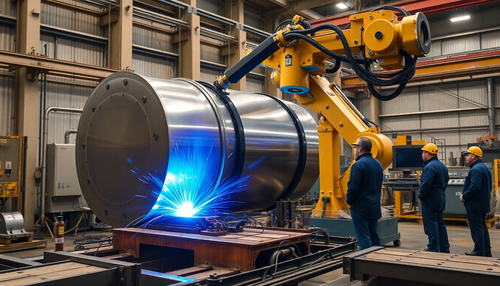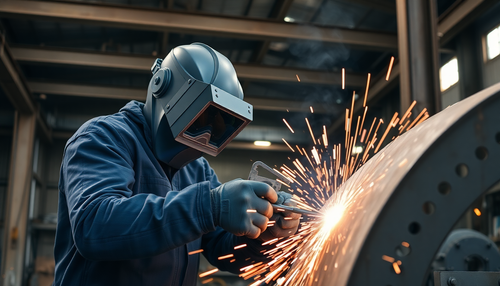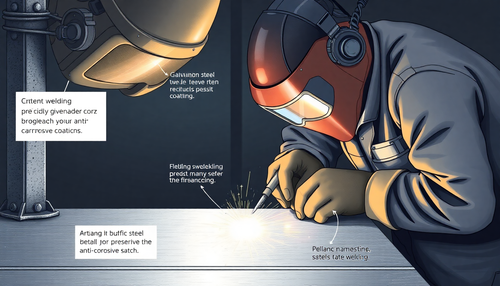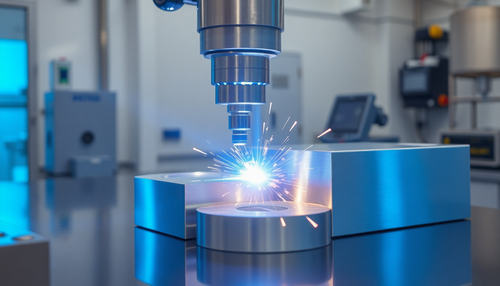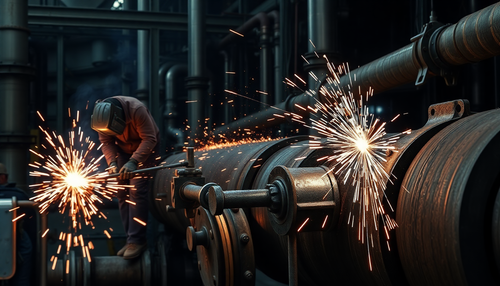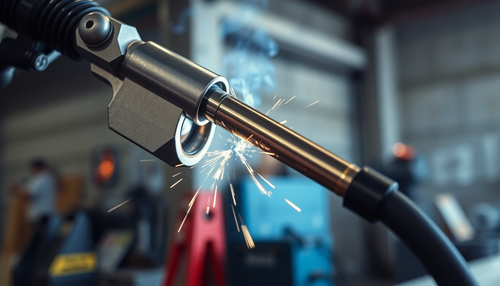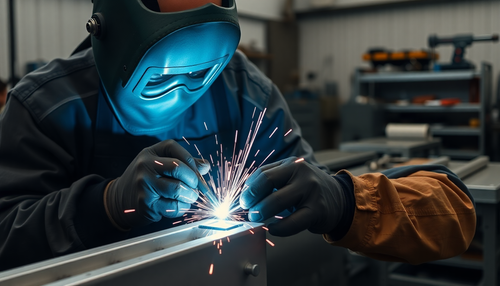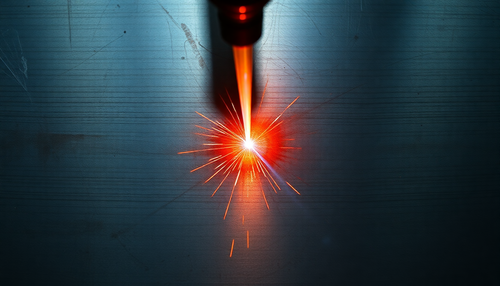
Stainless steel is a versatile material for CNC machining with diverse applications across a variety of industries. Grade 17-4 PH stainless steel is the preferred stainless steel alloy because of its remarkable combination of properties that allow manufacturers and product designers to provide their products with the desired strength and corrosion resistance.
This article examines 17-4 PH stainless steel and its properties, benefits and applications. Let's start!
What is 17-4 stainless steel?
First, let's know what 17-4SS is. 17-4 stainless steel is a widely used stainless steel alloy containing approximately 17% chromium, 3-5% copper, 4% nickel and other elements such as manganese and silicon. This martensic metal alloy offers excellent corrosion resistance and the ability to maintain ductility at high temperatures.
Additionally, 17-4SS is an economical alternative to high-strength carbon steel due to its excellent corrosion resistance, strength and ease of processing. Depending on the desired shape and properties, you can create 17-4 alloy parts using processes such as cold working, hot forging, machining, or welding.

What is 17-4 PH stainless steel?
So what is 17-4PH SS? 17-4 PH stainless steel is a popular type of precipitation hardened stainless steel. It is the hardened 17-4 alloy variant, which offers greater strength and hardness than the base alloy. Unlike alloy 17-4, 17-4PH stainless steel is heat treated to achieve the desired hardness and strength, making it an extremely versatile metal.
This type of nickel-chromium stainless steel is cheaper than most high-nickel non-ferrous alloys. The valuable properties of 17-4 PH stainless steel provide reliability to product manufacturers and make the alloy an ideal solution to many design challenges.
17-4 Stainless Steel vs. stainless steel 17-4 PH
Although the properties of 17-4 stainless steel and 17-4 PH stainless steel are similar, they differ in certain aspects. Precipitation hardening (PH) involves subjecting alloy 17-4 to a heat treatment to improve its yield strength and corrosion resistance. 17-4 PH stainless steel is a widely used PH martensitic stainless steel that transforms into a solid crystalline steel structure (martensite) at low temperatures of 250°C.
17-4 stainless steel and 17-4 PH stainless steel contain similar primary elements, but the niobium (Cb) content strengthens 17-4 PH. Therefore, precipitation hardening of 17-4 stainless steel provides an excellent combination of corrosion resistance, hardness and high strength.
Additionally, 17-4 PH stainless steel features greater elongation and excellent tensile and yield strength, making it ideal for high-strength applications such as chemical processing equipment, aerospace components and firearms. Although 17-4 PH stainless steel may cost more than 17-4SS stainless steel, the higher price may be worth it for certain applications with greater toughness and strength requirements.
Properties of 17-4 PH stainless steel
High-alloy stainless steel 17-4PH offers several advantages due to its impressive material properties. Below you will find its composition and main properties.

composition
17-4 PH SS has a remarkable chemical composition with desirable properties. Contains elements such as chromium (CR) 15 – 17.5%, nickel (Ni) 3 – 5%, copper (Cu) 3 – 3.5%, manganese (Mn) max. niobium (Cb) 0.15 – 0.45%, phosphorus (P) max. 0.04%, sulfur (S) max.
Mechanical properties
17-4PH stainless steel exhibits remarkable mechanical properties and is suitable for applications that require high strength, hardness and corrosion resistance. Its tensile strength is between 200 and 225 ksi, while its yield strength is between 175 and 200 ksi. The hardness of SS 17-4 PH is between 35 and 45 HRC.
Physical properties
17-4PH stainless steel has a dull appearance when annealed, while after heat treatment it has a shiny or glossy surface. This alloy has excellent physical properties, such as good corrosion resistance, high strength/weight ratio and good electrical conductivity. Furthermore, 17-4 PH is magnetic, like most martensitic alloys.
Thermal properties
The thermal properties of SS 17-4 PH are beneficial in several applications. This alloy has a melting point of 2,550 to 2,650ºF (1,399 – 1,454ºC). It also has a thermal capacity of approximately 460 J/(kg.K) and good thermal stability, maintaining its structural integrity at high temperatures.
Corrosion resistance
17-4 PH SS offers superior corrosion resistance and is often used in applications requiring moderate corrosion resistance and increased strength. 17-4PH stainless steel better resists corrosion in applications in the food, oil, paper, dairy and chemical industries.
Heat treatment
17-4 PH SS is solution annealed at 1900ºF and air cooled to 90ºF. However, subsequent hardening treatments help to bring the mechanical properties of this type of stainless steel to the required levels of hardness and toughness. Typical curing treatments include conditions H900, H925, H1025, H1075, H1100, H1150, H1150+1150, and H1150-M.
Weldability
17-4 PH SS exhibits remarkable welding properties compared to its alternatives. You can also weld this alloy using standard methods, including metal arc welding, tungsten inert gas welding, plasma welding, and metal inert gas welding. However, it is advisable to consider heat treatments before and after welding to achieve the desired mechanical properties.
Various blanks for stainless steel 17-4 PH
Stainless steel raw materials are often available in various forms. As we know, the required size and shape of a product determines the ideal blank shape for a machining project. Below are the different forms in which 17-4 PH stainless steel is available:
- Sticks
- T-bar
- Flat bar
- round rod
- Hexagonal shank
- Square
- Triangular bar
- hollow rod
- Threaded rod
- pump shaft
- boat wave

Process for machining 17-4 PH stainless steel
There are several machining techniques for producing 17-4 PH stainless steel. Here are some of them:
CNC Milling
Milling is a machining technique suitable for cutting 17-4 PH stainless steel into desired shapes and dimensions. CNC milling machines use a multi-point rotary cutting tool to cut parts in a controlled manner. The workpiece engages the milling tool instead of the cutting tool touching the machined part.
The machining spindle has several cutting tools that can move in the X, Y, and Z axes to achieve complex designs. This efficient subtractive process provides the preferred machining tolerances in the production of stainless steel parts.

CNC turning
CNC turning is suitable for machining cylindrical shaped parts made from 17-4 PH stainless steel. This process uses carbide or coated carbide inserts to machine stainless steel. The cutting tool remains stationary while the stainless steel workpiece is clamped to a rotating chuck or plate. The cutting tool engages the workpiece to remove excess material as it rotates, creating the desired shape and size. Therefore, turning is an ideal method for producing stainless steel parts in large quantities.
CNC Drilling
Despite its hardness, CNC drilling is an ideal machining method for drilling holes in 17-4 PH stainless steel. You must use special drill bits to drill holes in stainless steel and get accurate results. It is also advisable to use a deep drilling method to remove chips and prevent work hardening. CNC drilling on 17-4 stainless steel can be cost-effective because it provides precise holes with precise diameters.
Electrical Discharge Machining (EDM)
EDM or electrical discharge machining is a versatile technique that uses repeated electrical current or thermal energy instead of mechanical force to cut materials such as 17-4 PH stainless steel. Although this technique may be a bit slow, it offers high precision in metallurgy. It is perfect for machining small, delicate stainless steel components with complex profiles, as no mechanical force is used to cut the materials.
Benefits of using 17-4 PH stainless steel in your projects
17-4ph stainless steel offers different advantages in different industries.
Cost effectiveness
17-4PH stainless steel is affordable for many industrial applications, although there may be other alternatives with high chromium content. Manufacturers and product engineers often prefer 17-4PH stainless steel over alternatives with similar strength and corrosion resistance because it is the most economical option.

Permanently
Most applications require materials like 17-4 PH that do not degrade and lose functionality in a short period of time. For example, engineers often use materials that require less maintenance and repairs for aerospace and refining parts. However, SS 17-4 PH parts are generally durable and resistant to corrosion.
High corrosion resistance
17-4PH stainless steel offers exceptional corrosion resistance in applications where machined stainless steel parts are exposed to extremely corrosive substances such as mild acids, organic compounds, fresh water and atmospheric conditions. The chromium content of 17-4PH stainless steel protects it from oxidation and degradation.
High hardness and resistance
17-4 PH alloy has excellent hardness and strength properties, making it a perfect material for heavy-duty applications. You can heat treat the alloy by precipitation hardening to achieve different levels of strength, usually between 1100 and 1700 MPa. This alloy's remarkable strength-to-weight ratio makes it the perfect choice for structural parts, aerospace components, and tooling applications.
17-4 PH Stainless Steel Parts Applications
17-4ph stainless steel is a versatile metal with excellent properties required in a variety of applications. Here are some of these typical applications.
Aerospace
Stainless steel is the main material for manufacturing various aircraft parts and components. 17-4 PH SS material offers good tensile strength and excellent resistance to stress corrosion cracking, which are critical requirements in aerospace equipment manufacturing. Furthermore, it is important that these parts and components perform well at different temperatures and in different environments. Therefore, 17-4 PH is the ideal metal for the aerospace sector.
sea vessels
17-4 PH SS features high mechanical strength and superior corrosion resistance required for marine applications. Its corrosion resistance guarantees its survival in salty sea water. The high concentration of the chromium element in its composition makes 17-4 PH stainless steel extremely resistant to corrosive substances. Therefore, it is suitable for the production of container pump and valve components. Other components such as heat exchangers, seawater and process piping are also made from 17-4 PH.
Oil and gas industry
This alloy has the high strength necessary for the production of pipes for oil production at great depths below sea level. Additionally, 17-4 PH alloy is more resistant to corrosion in various environments. Therefore, it is suitable for the production of pipes and drilling rigs in this industry, as it can withstand corrosive media such as carbon dioxide, hydrogen sulfide gas and low pH values in oil production.
Food Processing Equipment
Most food industry equipment is made of steel. 17-4ph stainless steel is ideal for the production of food and beverage processing equipment due to its good surface finish and fine workmanship.
The smooth surface and high chromium content of SS 17-4 PH make it less susceptible to corrosion. At the same time, it promotes hygiene in food and beverage production as it is easy to clean.

WayKen CNC Metal Services for Stainless Steel Parts

Conclusions
17-4ph stainless steel is a versatile alloy that is widely used in various applications because it is economical and offers excellent properties such as excellent mechanical strength and corrosion resistance. Therefore, it is essential to know everything about 17-4 PH stainless steel to obtain the best results when processing your products.
Common questions
What is the tensile strength of 17-4 stainless steel?
The tensile strength of 17-4 PH SS varies depending on the condition. The minimum tensile strength is 160,000 PSI and can reach approximately 210,000 PSI when cured.
Can 17-4 PH SS rust?
Type 17-4 PH stainless steel resists corrosion better than most martensitic stainless steels. However, this alloy can rust easily if exposed to the marine atmosphere or other corrosive elements for long periods of time without proper maintenance.
Is 17-4 PH stainless steel suitable for the production of welded parts?
Welding is a suitable method for producing 17-4 PH stainless steel parts. You can use arc welding processes such as tungsten inert gas welding (GTAW). However, welding thin steel plates in solution annealed condition is better.


